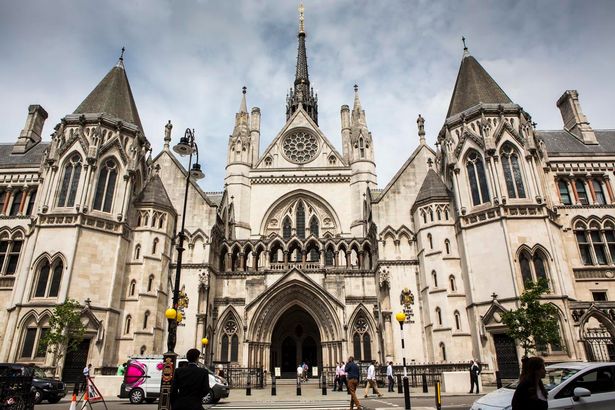Nearly half of 260 available courtrooms in Crown courts that would normally hear criminal cases are sitting idle today, according to figures compiled over 24 hours.
A barrister, Jonathan Dunne, of KCH Garden Square in Leicester, told the Gazette that he was ‘shocked’ by the numbers he gathered from a ‘homespun exercise’ to see how bad the situation was across the country.
According to Dunne’s data, 127 out of 260 courtrooms that would normally deal with crime cases sat idle today. These include 13 out of 26 in Manchester, two out of three in Cambridge and Carlisle, four out of seven in Chelmsford, two out of four in Northampton and Warwick, five out of nine in Cardiff, four out of eight in Bradford, and four out of six in Leicester. By contrast, the courtrooms are ‘fully utilised’ in Chester and Southampton.
Dunne told the Gazette: ‘I honestly thought across the country I would find 25% of courts [sitting idle] given we’re in the holiday season and August is reasonably quiet. But it’s been consistently 50%.’
Chris Henley QC, chair of the Criminal Bar Association, said the latest figures are not unique to August. ‘There is a deliberate and aggressive squeeze on court capacity by the government to save money. Judges are being told to stay at home or take extra holidays on full pay because so many courtrooms are shut. This is nothing to do with a lack of work. Cases are being listed well into next year because of the squeeze on capacity.’
Courts are allocated sitting days. Henley said allocations have been cut by up to a third in many court centres over the past two years.
David Greene, vice president of the Law Society, said there were concerns that, in some regions, HM Courts & Tribunals Service is directing work from some courts to others. ‘This has led to many courts standing idle, while others are overbooked. HMCTS has also reduced the number of days it will pay for sitting judges. We call on HMCTS to communicate clearly and transparently as to why so many courts appear to be underutilised,’ he said.
Richard Atkins QC, chair of the Bar Council, said the figures are a ‘devastating blow to those victims of crime who are waiting for their cases to come to court or who are waiting for justice to be done to those who have admitted committing crimes against them’.
A spokesperson for HMCTS said: ‘There is no shortage of judges in the Crown court, and sitting day requirements and waiting times are reviewed throughout the year, with additional recorders deployed according to demand. Last year saw a 12% reduction in Crown court trial cases and the allocation of sitting days reflects this. Waiting times for these cases are the shortest since 2014.’
The Law Society Gazette



